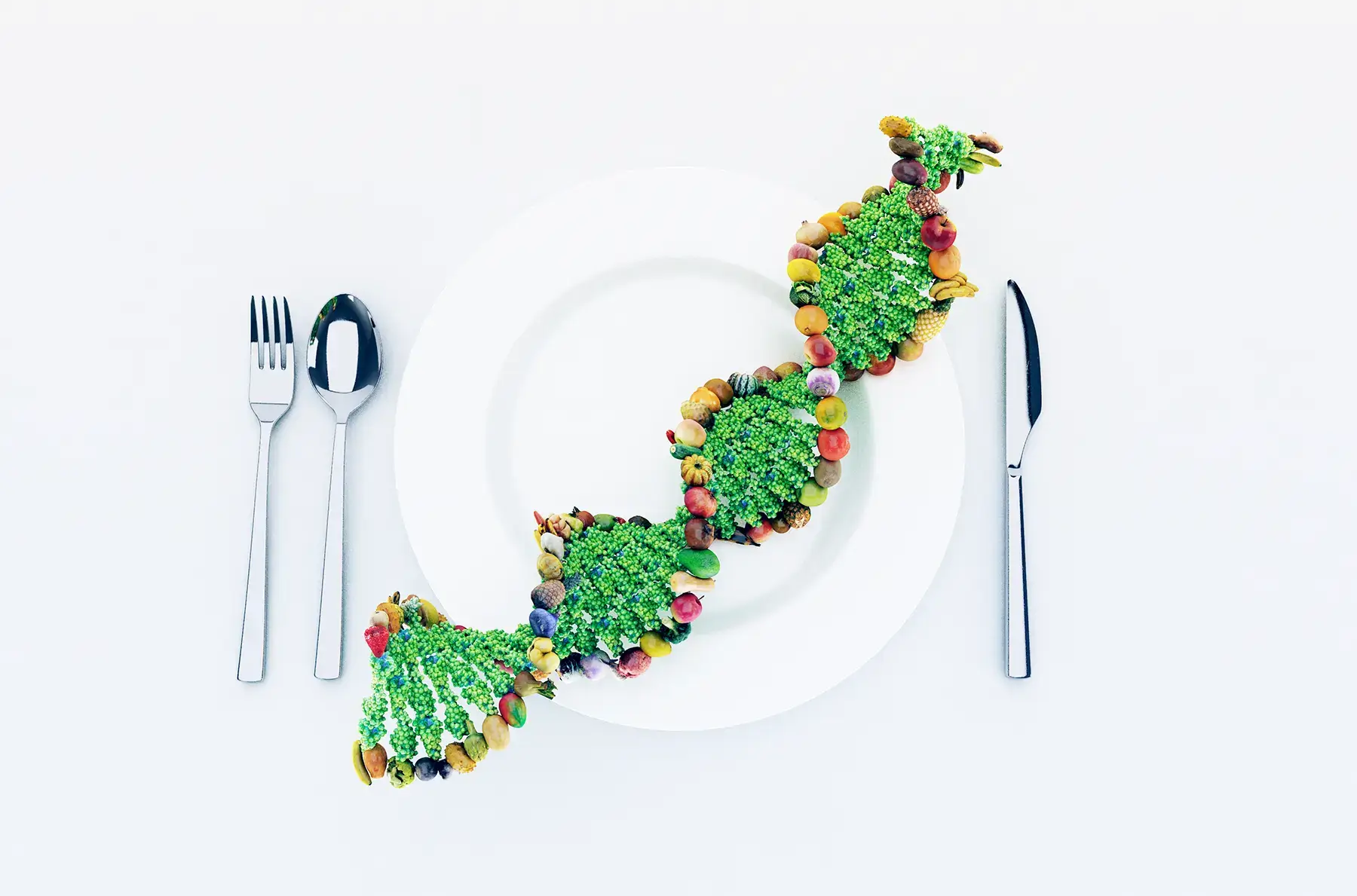Discover if personalized nutrition interventions based on DNA could improve glucose regulation and reduce the risk of type 2 diabetes over 26 weeks.
Overview
What did they test? The study evaluated the impact of DNA-personalized nutrition interventions compared to the standard of care on fasting plasma glucose (FPG) and progression to type 2 diabetes mellitus (T2DM) in those with non-diabetic hyperglycemia over 26 weeks.
What did they find? The results were mixed. For those who followed the protocol, there was no improvement in the primary outcome of FPG in the DNA-personalized group. However, there was a significant reduction in HbA1C in the DNA-personalization group at week 26. There was also a slight reduction in those using DNA-personalized diets for progression to T2DM.
What does it mean for you? While this study showed DNA-based dietary guidance could potentially improve glucose regulation and prevent the progression to type 2 diabetes, there's a number of significant limitations to be aware of before you consider such an approach.
What’s the problem?
Non-diabetic hyperglycemia, characterized by impaired fasting glucose (IFG) and impaired glucose tolerance (IGT), is a prevalent condition that precedes type 2 diabetes mellitus (T2DM). It is estimated that ~7.3% of the global adult population has impaired glucose regulation, with numbers expected to rise significantly in the coming decades 1. Without intervention, individuals with IFG and IGT are at high risk of progressing to T2DM, which can lead to health complications such as cardiovascular disease, neuropathy, and kidney failure.
Traditional dietary and lifestyle interventions, while effective in reducing the risk of progression to T2DM, often lack personalization. These one-size-fits-all approaches can overlook individual differences in genetics, metabolism, and lifestyle, potentially limiting their efficacy. For example, a study by Zeevi et al. (2015) demonstrated that individuals respond differently to the same meals, indicating that personalized dietary recommendations may improve glucose regulation 1. Similarly, the PREDICT1 study highlighted the variability in individual responses to dietary interventions and the potential of personalized nutrition to optimize health outcomes 3 4.
Personalized nutrition interventions tailored to an individual's genetic profile could address these limitations by providing specific dietary recommendations that align with a person’s unique genetic makeup. This approach has shown some promise in improving compliance and achieving better health outcomes. For instance, a study by Horne et al. (2020) found that genetically tailored diets led to more significant and sustained improvements in weight management compared to standard dietary advice 5. Similarly, the Food4Me study demonstrated that personalized nutrition advice could lead to healthier eating behaviors and better clinical outcomes than generalized dietary guidelines 6.
By implementing tailored dietary strategies, healthcare providers could offer more effective prevention measures, potentially reducing the burden of diabetes-related complications and improving quality of life for at-risk populations. However, whether genetic-based personalized diets provide a more effective approach to managing glucose levels and preventing the progression to T2DM remains to be determined.
Purpose
The purpose of this study was to determine the impact of two DNA-personalized nutrition interventions compared to a control group receiving the standard of care in people with non-diabetic hyperglycemia over a 26 week period.







